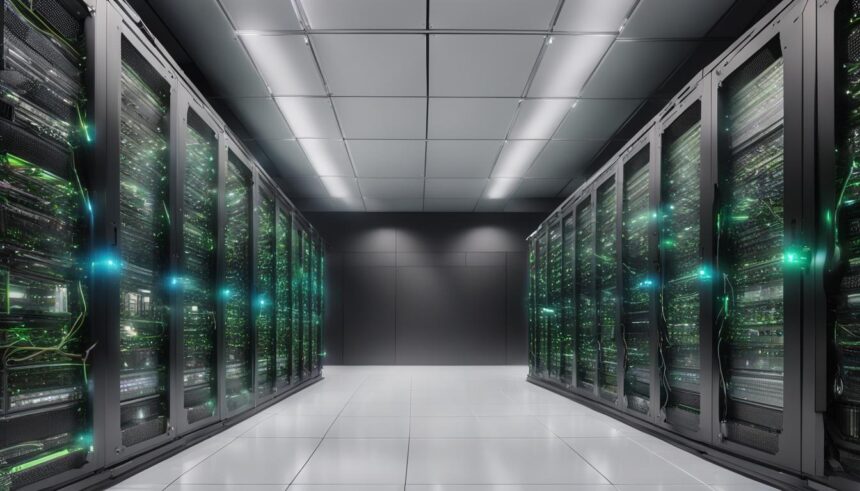Liftr Insights, a Texan firm, has expanded its service offerings to include detailed power consumption forecasting for data centers managing AI workloads, addressing the growing need for efficient energy management amid the AI boom.
The escalating demands for computing power, particularly from sectors reliant on artificial intelligence (AI), are creating significant challenges and opportunities within the field of data center operations. One Texan company, Liftr Insights, is capitalizing on this trend by expanding its services to offer detailed power consumption insights, essential for data centers that handle AI workloads.
As AI becomes more embedded in various applications—from autonomous driving to personalized medicine—the hardware that powers AI, especially GPUs like NVIDIA’s H100, require substantial amounts of energy, often surpassing the power needs of an average household per chip. This surge is prompting data centers to reevaluate their power infrastructure and operational strategies.
Liftr Insights, established over five years ago as a provider of market intelligence, now aids data centers and analysts in forecasting power requirements. This enhancement to their service portfolio is timely. The GPUs driving both AI Training and AI Inference processes represent not just technological advancement but also substantial energy liabilities. Companies embedding these technologies require precise predictions and planning to handle such high-power requirements efficiently.
This need for precision in energy forecasting is underscored by the continuous influx of powerful AI chips into the market, following the AI boom largely attributed to innovations like OpenAI’s ChatGPT. Liftr Insights leverages its extensive data on public cloud providers and the AI sector to offer insights that inform both the size and scope of infrastructure required to support these advanced computing operations.
For instance, Liftr Insights can project that deploying 100 NVIDIA H100 servers could demand up to 828 kW of power. Such detailed forecasts are vital for data centers in planning stages to ensure adequate resource allocation without incurring unnecessary costs or overloading power systems.
Tab Schadt, CEO of Liftr Insights, emphasized the importance of their expanded services by stating that their portfolio offers invaluable guidance for analysts and companies, helping them to leverage research and investments previously made by public cloud providers in AI. This approach not only supports operational strategies but also broadens the understanding of power dynamics in cutting-edge computing environments.
Moreover, Liftr Insights’ broader market intelligence capabilities extend to various aspects of tech infrastructure. They track server processors like Intel Xeon and AMD EPYC, along with data center compute accelerators such as FPGAs and TPUs, from major vendors including AMD, Intel, and NVIDIA. Their comprehensive tracking spans several major cloud service providers, offering a global view of deployment strategies, configurations, and pricing.
The challenge of managing energy needs while supporting burgeoning AI applications is formidable, but with the aid of specialized market intelligence from companies like Liftr Insights, data centers can not only anticipate their power needs more accurately but also plan infrastructure that aligns with rapid technological advancements. As AI systems become increasingly integral to a wide array of industries, this kind of support will likely become a cornerstone of technology strategy at a global scale.





